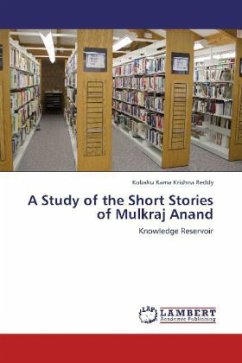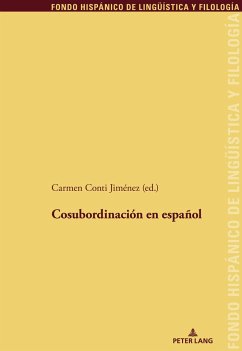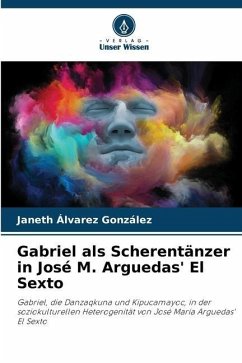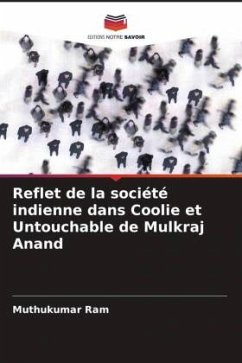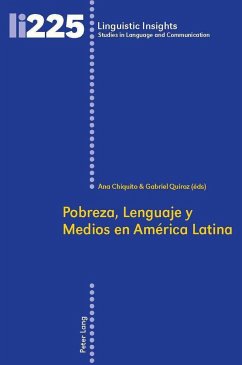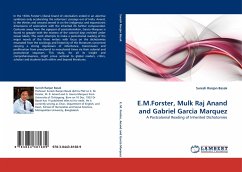
E.M.Forster, Mulk Raj Anand and Gabriel Garcia Marquez
A Postcolonial Reading of Inherited Dichotomies
Versandkostenfrei!
Versandfertig in 6-10 Tagen
51,99 €
inkl. MwSt.

PAYBACK Punkte
26 °P sammeln!
In the 1920s Forster's liberal brand of colonialism ended in an abortive symbiosis only accelerating the colonizers' passage out of India. Anand, in the thirties and onward zeroed in on the indigenous and expansionist dimensions of colonialism with the inherited ills further compounded. Centuries away from the signpost of postcolonialism, Garcia Marquez is found to grapple with the miasma of the colonial days revisited under newer labels. This work attempts to make a postcolonial reading of the major novels of the three writers with focus on the dichotomies emanated from the sociology and hist...
In the 1920s Forster's liberal brand of colonialism ended in an abortive symbiosis only accelerating the colonizers' passage out of India. Anand, in the thirties and onward zeroed in on the indigenous and expansionist dimensions of colonialism with the inherited ills further compounded. Centuries away from the signpost of postcolonialism, Garcia Marquez is found to grapple with the miasma of the colonial days revisited under newer labels. This work attempts to make a postcolonial reading of the major novels of the three writers with focus on the dichotomies emanated from the sociology and historicity of the literatures concerned carrying a strong impression of inheritance, transmission and proliferation from precolonial to neocolonial times via their colonial and postcolonial stopovers. This study, for all its insight and comprehensiveness, might prove seminal to global readers, critics, scholars and students both within and beyond literatures.







